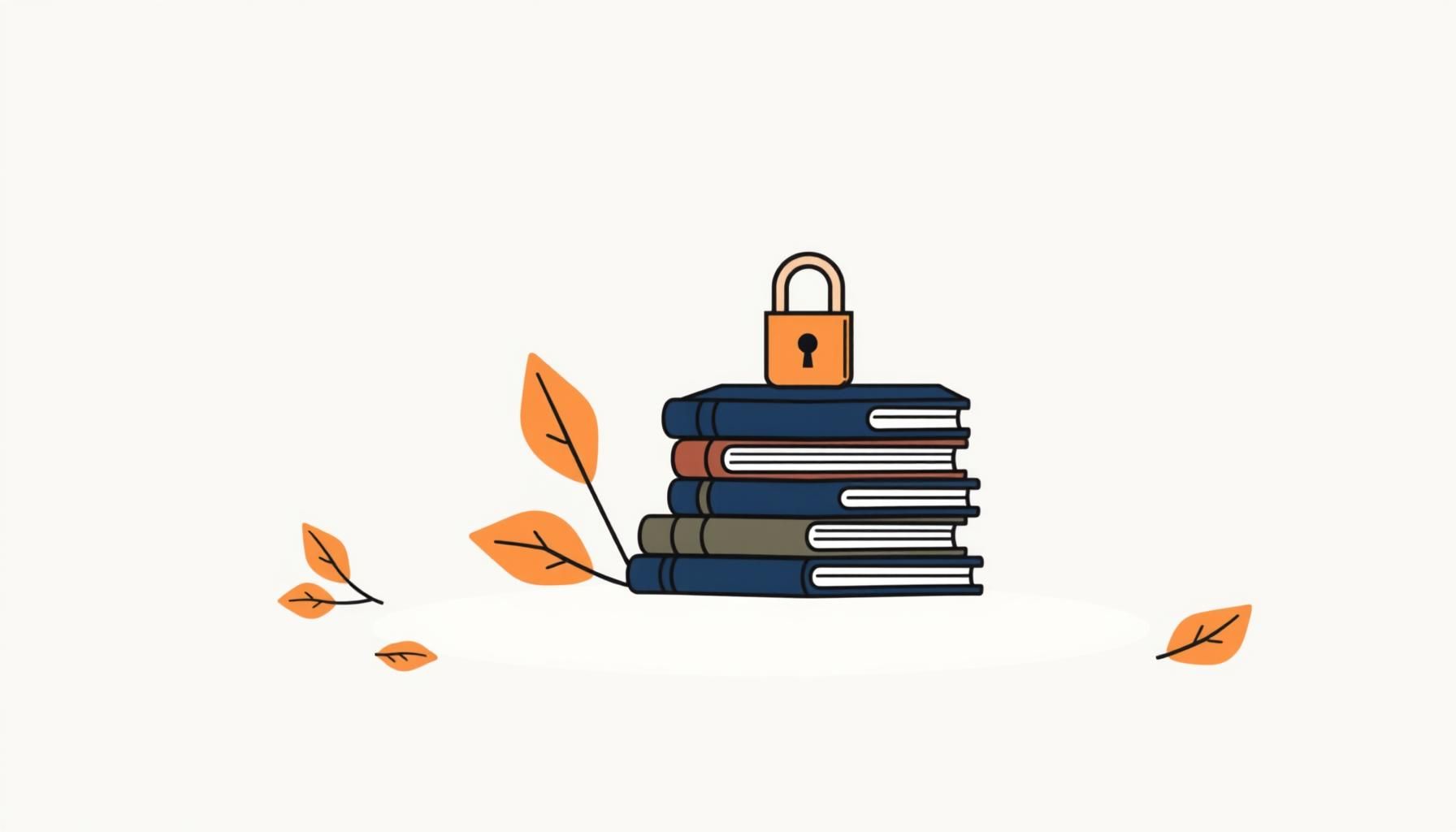
Imagine this: 13 million students sitting in exam halls, the air buzzing with tension, and suddenly—AI tools across the nation go dark. That’s exactly what happened in China during their gaokao exams, where authorities and tech giants disabled major chatbot features, like image recognition, to stop cheating. It’s bold—and honestly, got me thinking about how we handle tech temptations at home. But as parents, the bigger question isn’t just about exams—it’s about how our kids grow up in a world where smart tools are both helpers and temptations. How do we guide them to use technology with integrity, while still nurturing their natural spark for curiosity?
What Happened During China’s AI Exam Blackout?
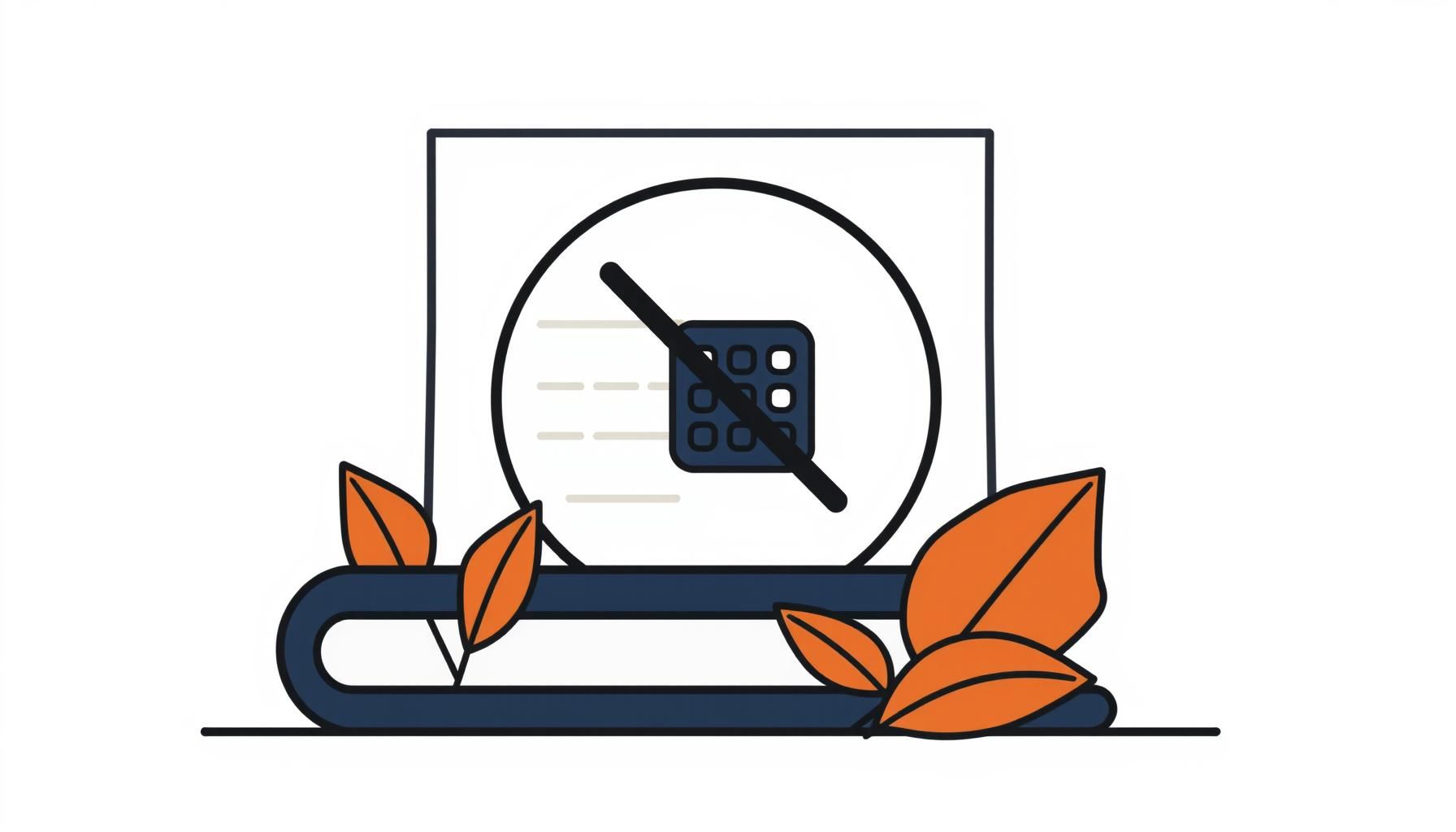
During the gaokao, China’s four-day university entrance exam marathon, big tech firms like Alibaba and Tencent temporarily froze key AI functions such as photo recognition. The idea? Prevent students from snapping pictures of test questions and getting instant answers. According to reports, this affected millions of students all at once, ensuring a level playing field (source). It’s a dramatic gesture, but one that underscores how seriously exam integrity is taken there. For parents watching from afar, it raises a fascinating thought: when should we limit technology, and when should we let it run free?
How Do We Balance Integrity and Innovation in Parenting?
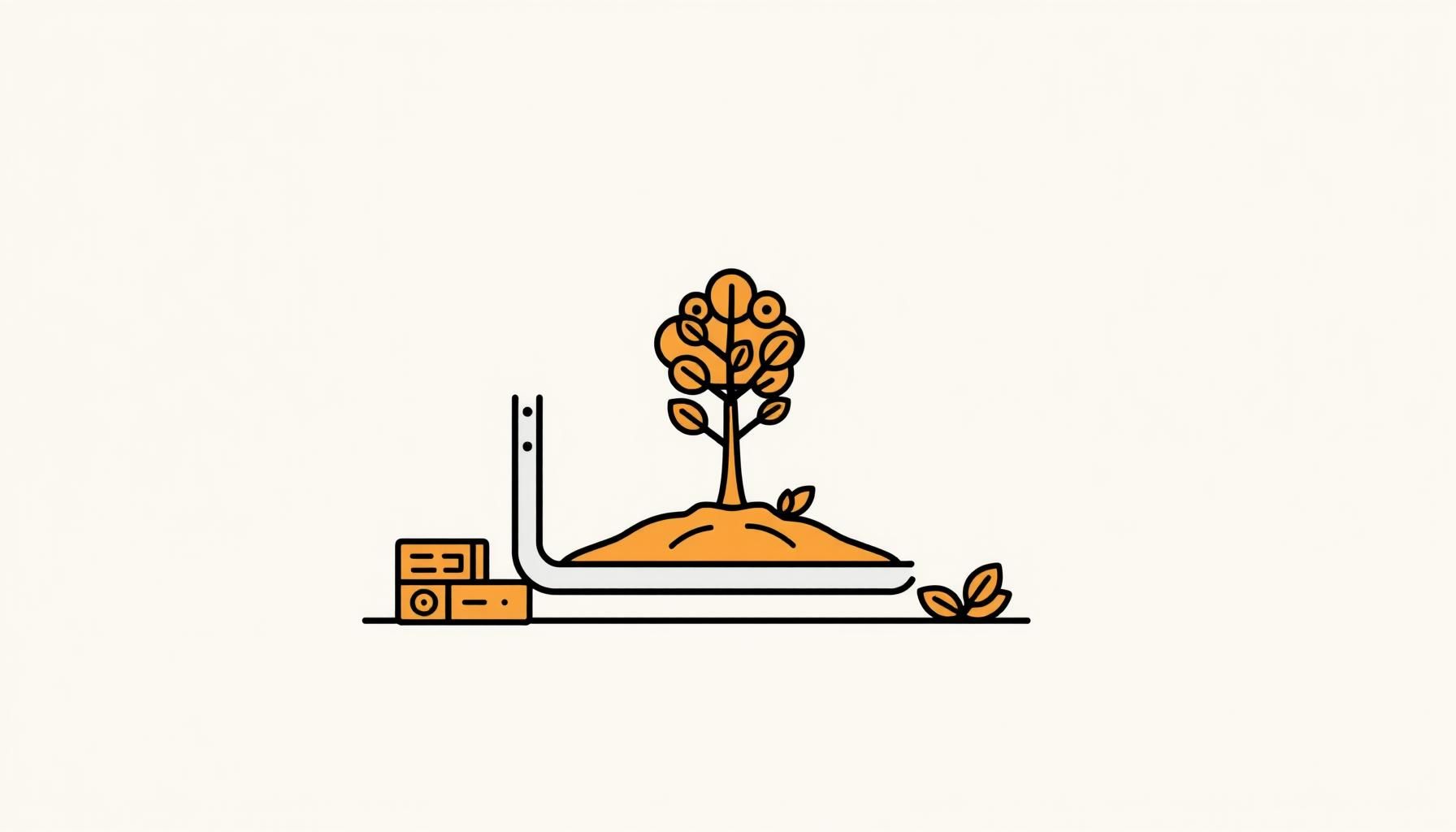
On one hand, we want our children to embrace new tools that can open doors to creativity and discovery. On the other, we fear shortcuts that could dull their resilience. Beyond exam halls, this clash of integrity and innovation plays out in everyday parenting. China’s blackout is a reminder that integrity matters just as much as innovation. For a seven-year-old just starting her school journey, the message isn’t about exams yet—it’s about habits. Do we encourage her to wrestle with a tricky math puzzle instead of leaning on an instant answer app? Absolutely! Because it’s in that wrestling, you see that proud grin when they finally “get it” without shortcuts—and her confidence grows stronger than any quick fix could ever provide.
The Temptation of Smart Tools
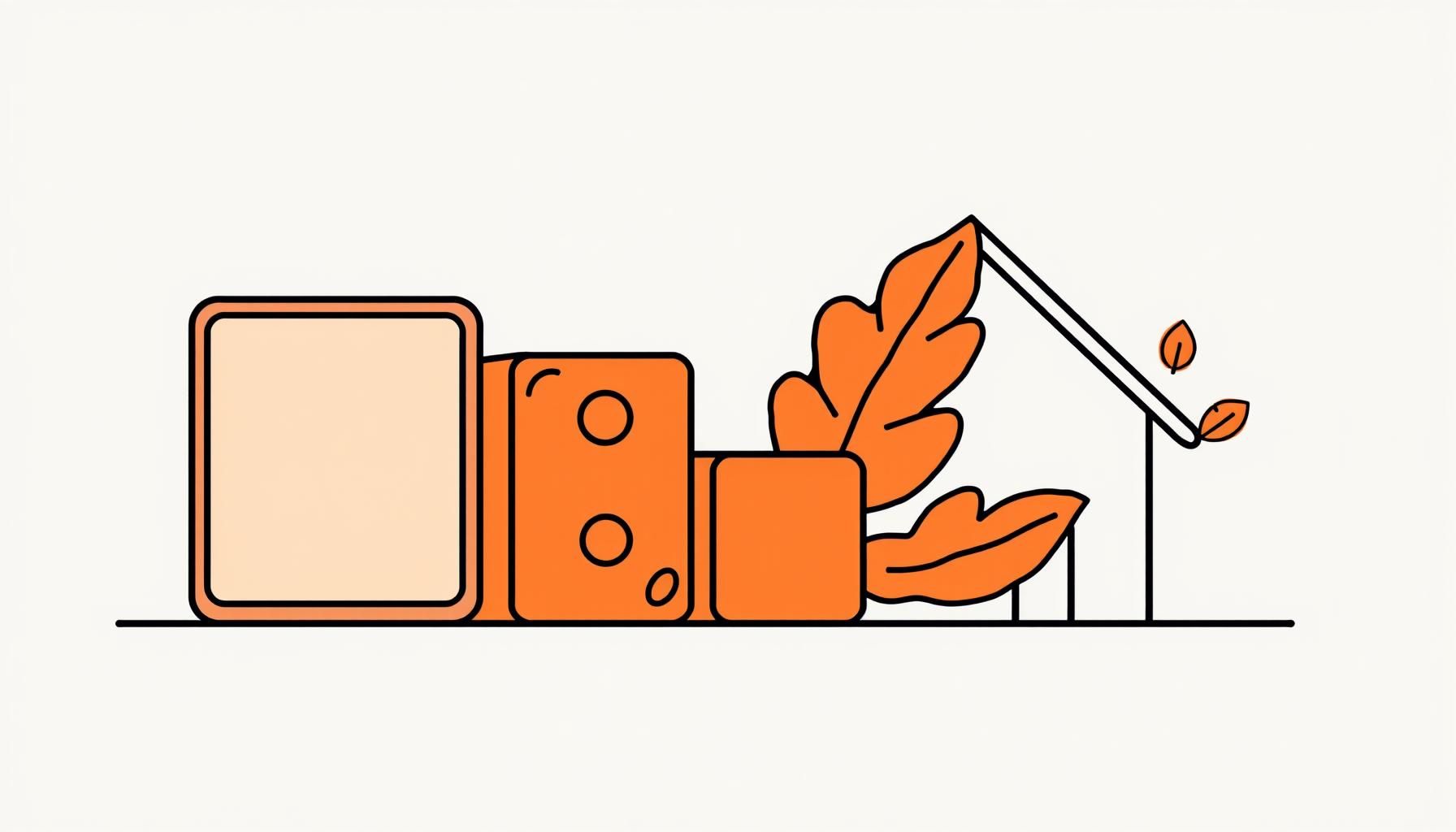
Let’s be real—smart tools are everywhere. From voice assistants answering questions to learning apps that can practically do the work for kids, it’s like having a genie in your pocket. But genies come with fine print. What happens to patience when every answer arrives instantly? Or the joy of trial and error? A simple trick at home is to treat those tools as guides, not finish-lines. Ask the app for hints, not full solutions. Encourage kids to explain in their own words what they learned from it. That way, the tool becomes a partner in their growth, not a crutch.
How Can We Model Fairness With Tech at Home?

One striking part of China’s exam pause is its fairness. By disabling AI features for everyone during the gaokao, the rules were clear and equal. It makes me wonder: what if fairness in tech use was something we modeled at home too? You’ve seen it—that frown when a game feels rigged. Those moments teach integrity softer than any lecture. Imagine siblings playing a board game where one secretly uses a calculator to add scores faster—suddenly, the game feels unfair. The same applies to learning. If we emphasize honesty and fairness in small daily activities, our kids internalize those values long before they ever face a big exam.
What Future Do Our Kids Deserve With AI?
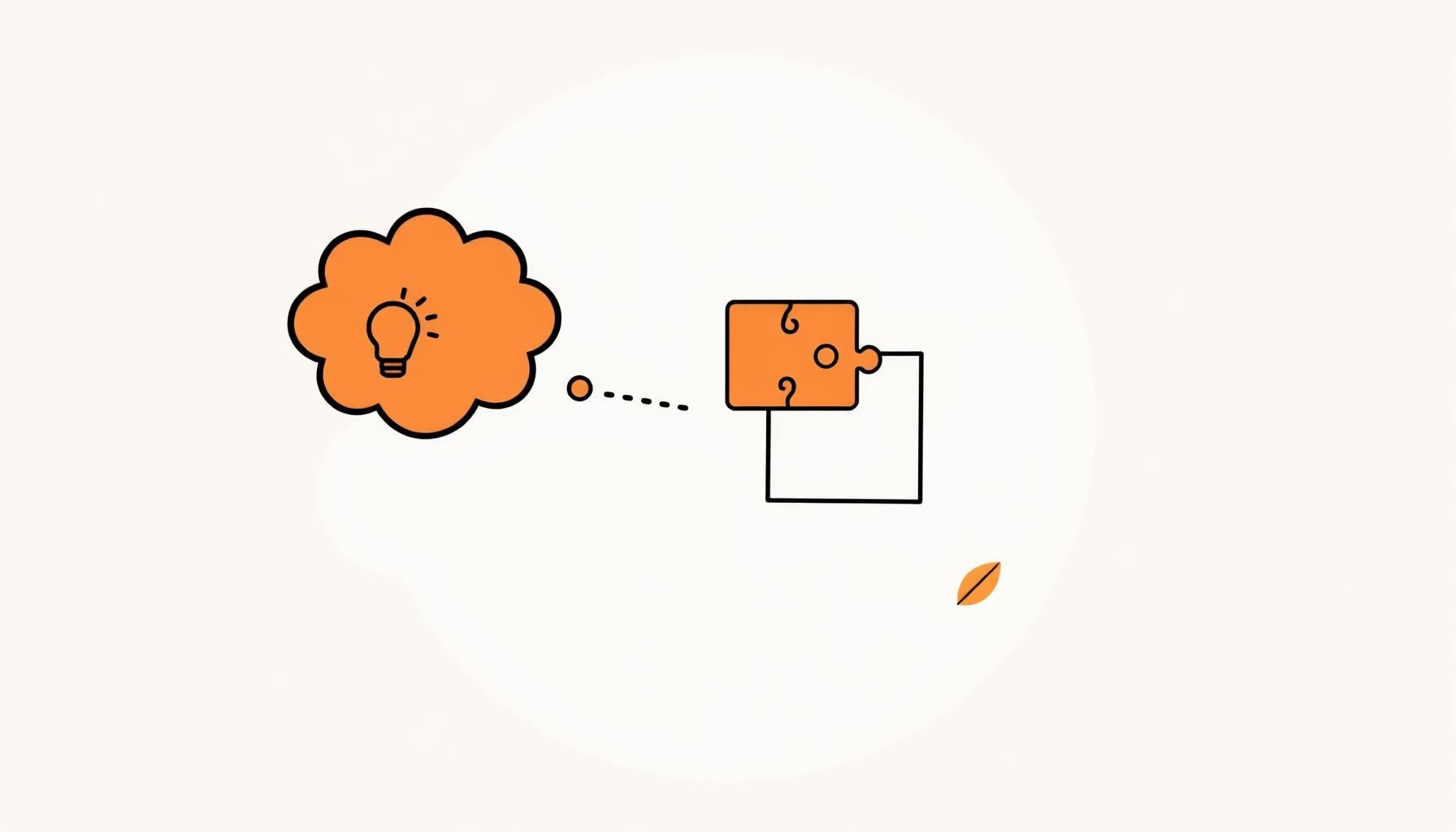
Here’s the hopeful twist: this isn’t just about restrictions—it’s also about opportunities. Technology can still be an incredible ally. Think of a child using AI to explore why the sky changes color at sunset, or to compose a silly song that makes the whole family laugh. These moments remind us that the goal isn’t to shield kids from tech, but to teach them how to use it wisely. The gaokao blackout is one extreme example, but in everyday life, we can practice a softer version: balance. Let’s celebrate curiosity while guiding integrity, so that when our kids grow older, they don’t just know how to use smart tools—they know how to use them with heart.
Food for Thought
So here’s a question to chew on: If AI vanished for a week, how would your child adapt? Would they panic, or would they roll up their sleeves and find another way? That resilience, that ability to thrive with or without shortcuts, is the real gift we can nurture. And who knows—maybe one day they’ll look back and thank us, not for the rules we made, but for the values we planted. Values that anchor them, no matter how tech changes.
Source: China restricts AI across the country to prevent kids cheating — America could learn from it, NYPost, 2025-08-19 17:27:46
